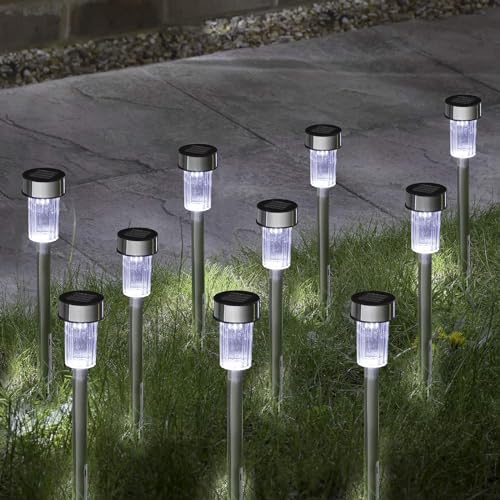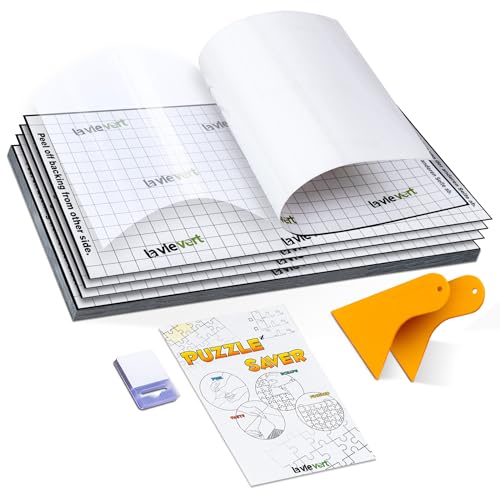Understanding Solar Lights: A Simple Breakdown of How They Work
How Solar Lights Generate Power
Solar lights operate using the power of the sun. They are equipped with solar panels that capture sunlight during the day and convert it into electricity, which is stored in rechargeable batteries. Once the sun sets, the stored energy powers the LED lights, illuminating your outdoor spaces. This process is entirely self-sustaining, meaning once set up, you won’t incur any electricity costs for running them.
The Components of Solar Lights
A typical solar light consists of a few key components: a solar panel, battery, LED fixture, and a sensor. The solar panel is responsible for absorbing sunlight. The battery acts as a storage unit, ensuring the light has power when needed. The LED fixture is what emits the light, while a sensor may trigger the light to turn on at dusk and off at dawn, making these lights both convenient and energy-efficient.
Choosing the Right Solar Lights for Your Outdoor Space
Assessing Your Lighting Needs
Before purchasing solar lights, evaluate the areas you want to illuminate. Are you looking for path lights to safely guide guests along a walkway, or do you need brighter security lights for your driveway? Understanding the purpose will help you select the best solar lights to meet your specific needs.
Considering the Size and Design
Next, think about the size and style of the solar lights that will complement your outdoor decor. From sleek modern designs to more traditional lanterns, there are various styles available. Choose lights that harmonise with your outdoor setting, ensuring they enhance rather than detract from your garden or patio aesthetics.
Key Features to Look For in Quality Solar Lights
Brightness and Lumens
One of the primary specifications to consider is brightness, measured in lumens. If you want solar lights for ambiance, choose those with 50 to 150 lumens. For better visibility, especially in security-focused areas, look for lights offering 250 lumens and above. Ensure you select the right brightness level for your needs.
Battery Capacity and Solar Panel Quality
The capacity of the battery, typically measured in milliampere-hours (mAh), indicates how long the lights will operate. A larger battery usually means longer illumination time. Additionally, check the quality of the solar panel. Higher-quality panels will absorb more sunlight efficiently, leading to better performance, particularly in variable lighting conditions.
Maximising Solar Light Efficiency: Tips for Placement and Use
Optimal Placement for Solar Lights
To get the most out of your solar lights, placement is crucial. Position them where they will receive direct sunlight for the maximum part of the day—ideally at least six hours. This includes places such as rooftops, top of fences, or open garden areas where there are no obstructions from trees or buildings.
Regular Maintenance for Longevity
Regular maintenance is a simple way to ensure that your solar lights perform well over time. Clean the solar panels periodically to remove dirt and debris, which can block sunlight. Also, make sure to inspect and replace batteries as necessary. With a little care, your solar lights will continue to shine brightly season after season.
Top Solar Light Products We Recommend for Every Budget
Affordable Options
If you are on a budget, models such as the simple pathway lights or small decorative solar lanterns can effectively light up your yard without breaking the bank. These options are often available for less than £20 each, making it easy to add lighting along paths or in flower beds.
Mid-Range Choices
For those willing to invest a little more, consider mid-range solar lights that offer enhanced features like motion sensors or adjustable brightness settings. Products in this category generally fall between £20 and £60, providing a good balance between cost and quality.
Premium Selections
If you aim for the highest quality and performance, premium solar lights are the way forward. Generally priced above £60, these models often come with advanced features such as smart technology integration, high-efficiency solar panels, and durable designs built to withstand the elements. They are ideal for serious outdoor lighting needs.

































